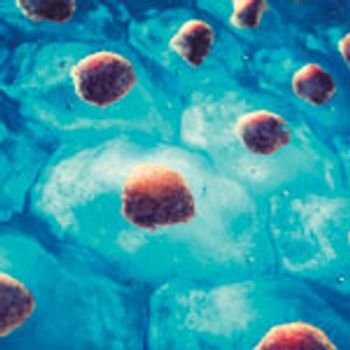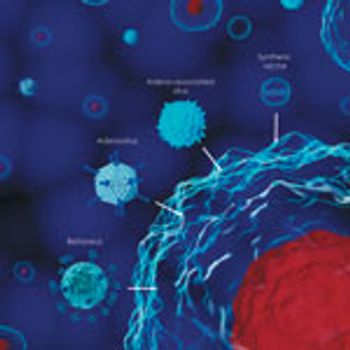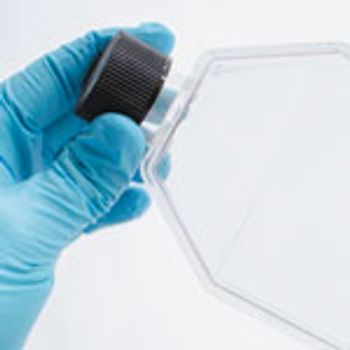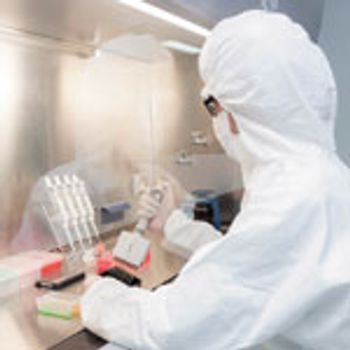
Nemera is now authorized to handle, assemble, sterilize, and store pharmaceutical drugs and medicinal products for autoinjector combination products at its facility in Neuenburg, Germany.

Nemera is now authorized to handle, assemble, sterilize, and store pharmaceutical drugs and medicinal products for autoinjector combination products at its facility in Neuenburg, Germany.

UPS has revealed a new system to improve drug supply chain security, in compliance with the Drug Supply Chain Security Act (DSCSA).

Ajinomoto Althea opens manufacturing suites in new high potency and antibody drug conjugate commercial facility.

The authors review methods for generating monoclonal antibodies for research and development.

Traditional planar culture formats are being superceded by microcarriers for large-scale cell therapy manufacturing.

A case study demonstrates that affinity chromatography can offer efficiency and scalability for gene therapy manufacturing using viral vectors.

Consider automation early in the rollout of clinical translation and scale up of clinical-trial protocols.

This review examines how microfluidics has been used in the formulation, preclinical, and clinical development of gene-delivery nanoparticles.

J&J’s Janssen ends a 2015 collaboration with Achillion Pharmaceuticals with a strategic decision to discontinue further development of a hepatitis C therapy in favor of pursuing hepatitis B therapeutics.

Genentech gets priority review for its application seeking a new indication for its anti-cancer drug, Gazyva (obinutuzumab), in treating follicular lymphoma.

The generic pharmaceuticals firm has sold its Baddi, India formulations manufacturing facility following a recent fire at its joint-venture plant in Algeria.

The US Patent and Trademark Office issued three new patents that extend protection for Alexion’s rare-disease drug, Soliris, for an additional 10 years.

The acquisition adds sterile manufacturing capability to the CDMO’s services, which include API formulation and manufacturing.

Lonza further expands its micronization services with the acquisition of Swiss contract manufacturer, Micro-Macinazione, following its previous $5.5-billion acquisition of dosage form provider, Capsugel.

Horizon to make publicly available its complete annotated CHO cell-line sequence in hopes of driving bioproduction cell-line innovation.

The International Society for Pharmaceutical Engineering (ISPE) introduced its Biopharmaceutical Manufacturing Conference, happening December 4–6, 2017 in San Francisco, California.

Media manufacturers are focused on reducing risk, improving quality and consistency, and managing costs.

Managing and prioritizing risk is essential to ensuring raw material quality. USP is developing new guidelines to make the work easier.

Investigational failures and discrepancies can be avoided through the proper execution and documentation of investigations.

Recipharm set up a manufacturing line at its facility in Sweden using LIDD’s NanoZolid technology.

Catalent Applied Drug Delivery Institute announced a partnership with Rutgers University to examine the challenges of pediatric drug formulation and delivery.

Catalent expands the scope of the OptiForm Solution Suite to bridge gap from late-stage discovery to Phase I trials.

A new study predicts a potential disconnect between regulatory science and biotechnology product development, unless regulators scan the horizon for new developments and consider new potential risk pathways.

The opening presentation gives the company a chance to put their best foot forward, according to Siegfried Schmitt, principal at PAREXEL.

An NIH study examined a dissolving microneedle technology as a way to deliver the influenza vaccine to patients.